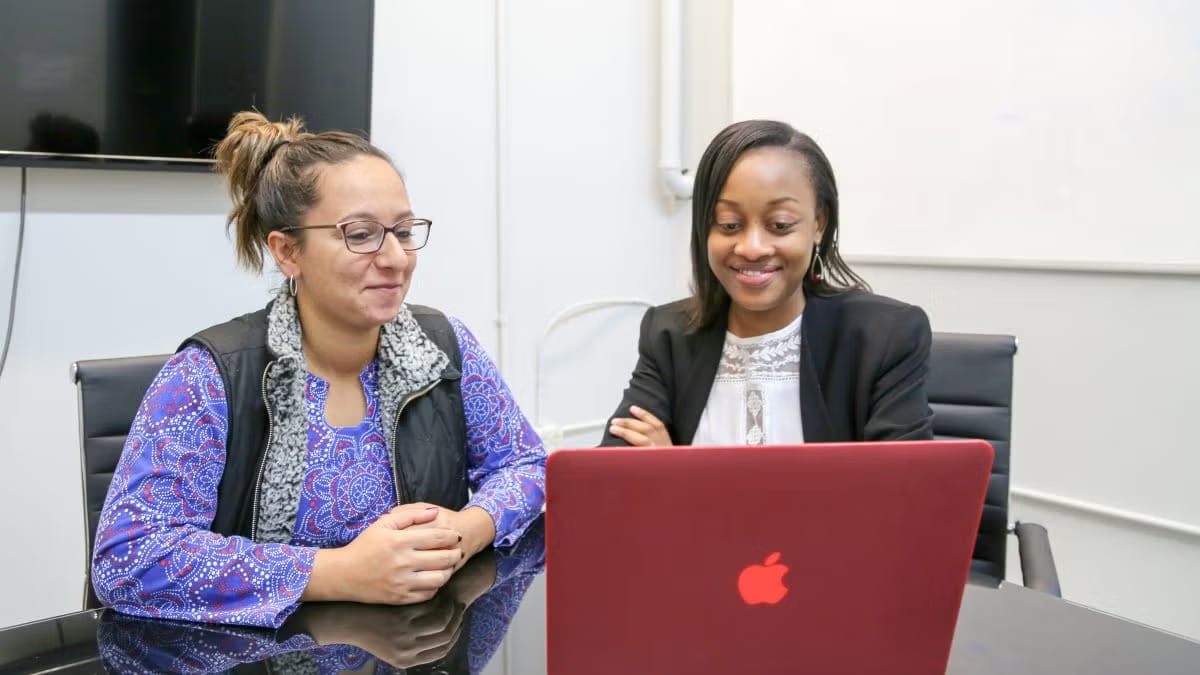Kalia Health’s Home Diagnostic Tool Targets Maternal Mortality in East Africa

A startup co-founded by students from Uganda’s Makerere University, alongside peers from UNC-Chapel Hill and Duke University in the U.S., is developing an affordable home-based diagnostic tool to detect preeclampsia, a life-threatening pregnancy complication.
The company, Kalia Health, emerged from a university classroom project and is now gaining traction as a startup with real-world impact potential, especially in low-resource settings like East Africa.
Preeclampsia is the second leading cause of maternal deaths globally, claiming the lives of 76,000 women and 300,000 babies each year. Most of these deaths occur in developing regions where access to consistent prenatal care remains limited.
“In Uganda, it’s common for a woman to attend just one prenatal checkup during pregnancy,” said Denali Dahl, a biomedical engineering doctoral student and Kalia Health co-founder. “This often means complications like preeclampsia are detected too late.”
To address this gap, Kalia Health is developing the Early Preeclampsia Detection Strip (EPED), a low-cost, at-home test designed for use in under-resourced communities. Unlike most existing diagnostics that rely on blood samples and clinic visits, EPED is designed for home use, making early detection more accessible.
The concept was born from a global health course at Duke University, where students were challenged to tackle maternal health issues in low-income countries. Kenyan medical doctor and Duke global health student Elizabeth Ndichu joined the project to bring firsthand clinical insights and regional context.
Instead of shelving the idea after graduation, the founders launched Kalia Health and joined Launch Chapel Hill, a 22-week accelerator program that supports early-stage ventures. The team is now refining a prototype and exploring partnerships to integrate EPED into existing health systems.
“Our goal is impact,” said Dahl. “Even if we help just a few women, that would be a success.”
